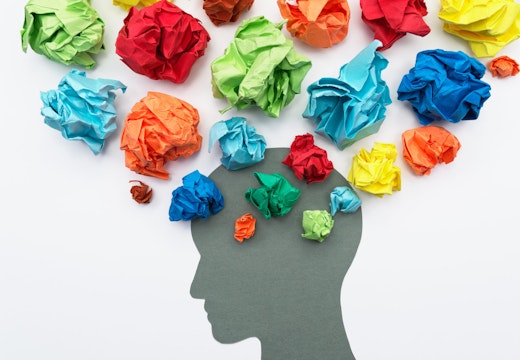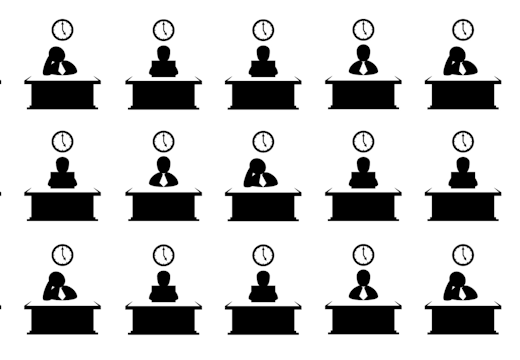Japanese consortium calls for more creativity in the workplace
The Japanese workplace has been better known for hierarchy than creativity in the past, but now a group of ten leading Japanese firms plans to enhance the creative potential of workers
The Japanese workplace needs to place more focus on creativity, according to a consortium of ten leading organisations in Japan which met regularly in 2023 to advance an agenda to enhance the creative capacities of the workforce.
The Consortium for Creativity in the Workplace includes Akkodis Consulting, Itoki, JTB, NTT, oVice, Pasona, Ricoh, Takenaka, Visits Technologies and the Xymax Real Estate Institute, representing a broad cross-section of Japanese business.
It has issued a progress report entitled ‘Pioneering the Future of Work Through Creativity’ which has four proposals:
- Increased attention to creativity: Emphasising the need for a greater focus on creativity in settings.
- Lowering the barriers to creativity: Advocating for reduced obstacles and more accessible avenues for creative expression.
- Expansion of creative endeavours: Calling for the broadening of initiatives and programmes that foster creativity.
- Leveraging AI for enhancing creativity: Viewing artificial intelligence as a significant opportunity to augment the creative capabilities of human workers.
Call to action
This call to action on creativity follows a comparative study conducted online between workers in Japan and the US to gauge perceptions of workplace creativity. The study surveyed 3,200 respondents in Japan and 1,200 in the US. It found that fewer people in Japan consider creativity to be crucial compared to their United States counterparts.
In Japan, the belief that companies encourage and support creativity is considerably lower than the perceived importance of creativity in one’s job. And Japanese implementation rates of creativity-enhancing practices are consistently lower than those in the US across various approaches.
These results highlight areas for potential improvement in the Japanese workforce, says the consortium, which defines creativity as the generation of ‘novel and useful ideas’ within a specific ‘domain’, and a source of innovation. Creativity is not just a trait of a few gifted individuals – it can also be found in everyday efforts to make improvements.
Creativity support
The consortium is now developing a programme for creativity support in Japan based on a matrix with two axes: creativity as exhibited both by individuals and by groups (this forms the vertical axis); and the process of creativity as divided into two stages, the generation of new ideas and the refinement of these ideas into something useful (the horizontal axis).

Image: courtesy of Ricoh
Additionally, the Consortium for Creativity in the Workplace is exploring the skills retraining that might be necessary to lever the potential of AI in enhancing human creativity. It is planning further research, promotion of its agenda and pilot studies, and welcomes feedback from subscribers and members of WORKTECH Academy who might have examples of challenges and initiatives in the workplace creativity field.








